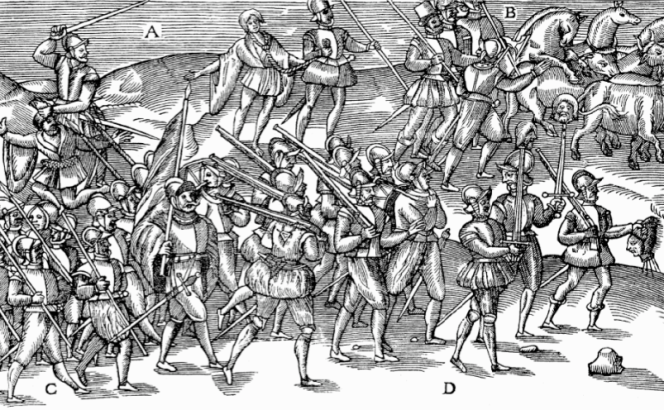On this episode of the Irish History Show we looked at the Birmingham Pub Bombings of the 21st of November 1974 and the long campaign for justice for the six men who were wrongfully convicted of these killings.
To discuss the Birmingham Six we were joined by two special guests. Chris Mullin is an author, journalist and diarist and, from 1987 to 2010, he was the Labour Party MP for Sunderland South in England. His work with Granada Television’s World in Action current affairs series, and his 1986 book, Error of Judgement: The Truth behind the Birmingham Pub Bombings, were integral in proving the innocence of the Birmingham Six. Error of Judgement was described by the author and journalist Sebastian Faulks as ‘One of the greatest feats in investigative journalism.’ A new edition of Error of Judgement has been published this year to mark 50 years since the bombings.
Dr. Michael Flavin is from the School of Global Studies in King’s College, London. Michael’s novels include The Voice Hearer and One Small Step. He has written many articles on the Troubles and a lot of his writing draws on his experience growing up in the Irish community in Birmingham in the 1970s. Michael’s latest novel is Long is the Way and is due to be published next year.
We have started a Patreon page for The Irish Story website and The Irish History Show. Please follow the link and your support is greatly appreciated. https://www.patreon.com/user?u=29204818
Intro / Outro music “Sliabh” from Aislinn. Licensed under creative commons from the free music archive.
Podcast: Play in new window | Download
Subscribe: RSS










